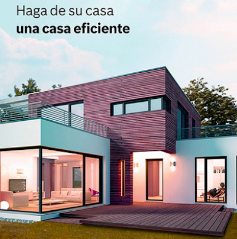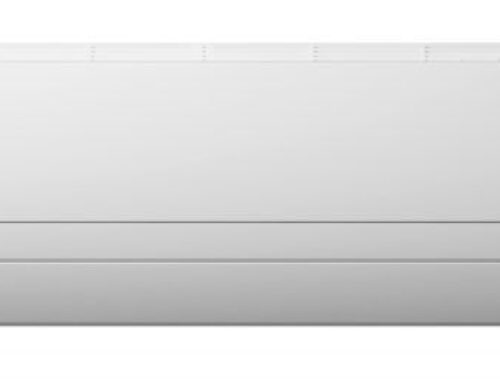Energy efficiency can be defined as the reduction of the energetic consume without compromising users comfort. This way we’re able to reduce energy costs and at the same time promote economic, political and environmental sustainability. This practice achieves both protecting environment and raising people awareness about the importance of sustainable energy consumption.
Changing the habits of daily consumption can lead to considerable energy savings. It is important to understand that there is a difference between the actual energy consumption and the one that’s really needed. In most cases, choosing low-power appliances (e.g. New Junkers air conditioners which give crucial importance to energy savings) or a rational use of heating may be key points to lower energy consumption without sacrificing comfort or welfare.
Some of the most important recommendations in order to reduce consumption are:
- Getting A class appliances. This can consume up to 55% less energy than middle-class appliances.
- Installation of LED bulbs, which last about 50 years, have low power consumption and are the future of energy efficiency when it comes to lightning area. Installing LEDs can help us to reduce significantly the 20% of electricity consume that’s related to lightning.
- 46% of energy consumption in a house is related to heating (this percentage increases to 60% if we add the hot water part). Installing an A class boiler will help reduce this consumption significantly.
It is also important to mention that, since June 1 and according to RD 235/2013, an energy efficiency certificate will be needed if a building or parts of it are either sold or rented.
 [:]
[:]



Leave A Comment